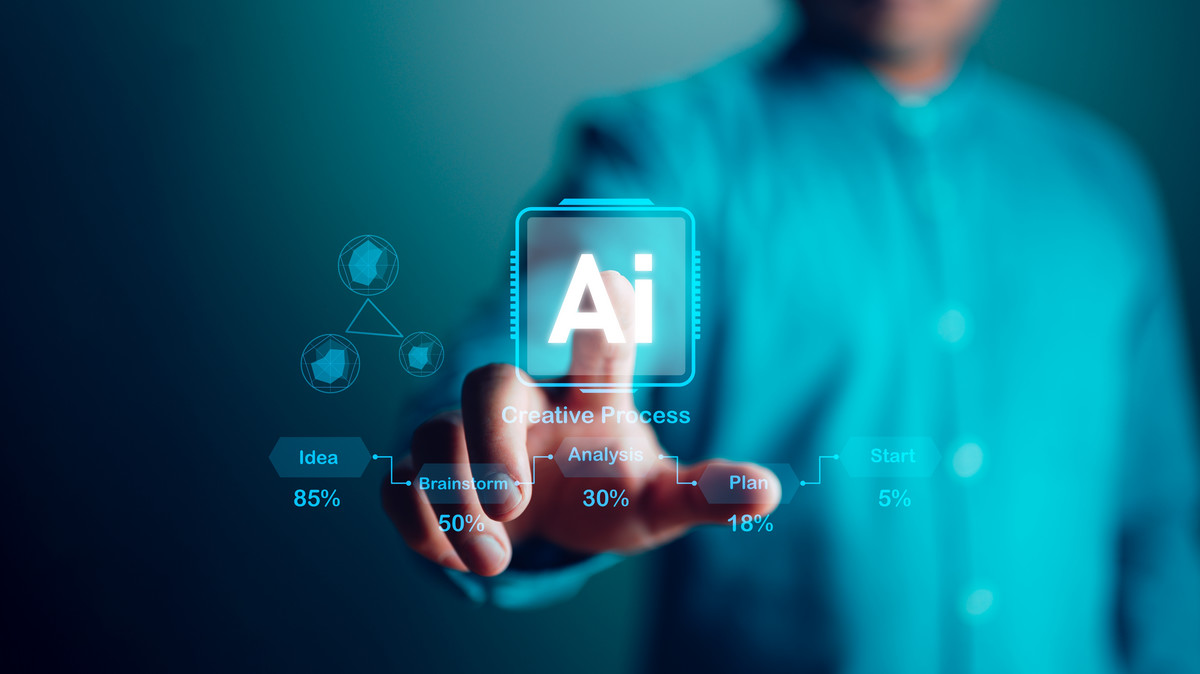
The Transformative Influence of AI on the IT Industry
In the fast-evolving landscape of technology, Artificial Intelligence (AI) has emerged as a revolutionary force, significantly impacting the Information Technology (IT) industry. The integration of AI has brought about a wave of changes that are reshaping the way IT professionals work, businesses operate, and the future of technology itself.
Automation and Efficiency:
AI has unleashed the power of automation in the IT industry. Tasks that were once time-consuming and repetitive, such as system maintenance and data analysis, can now be streamlined and optimized with AI-driven tools. This automation not only reduces operational costs but also allows IT professionals to focus on more strategic and creative tasks.
Enhanced Cybersecurity:
With the increasing sophistication of cyber threats, AI has become a vital tool in the battle against hackers and malware. AI-driven security systems can detect anomalies and potential breaches in real-time, providing a proactive defense against cyberattacks.
Predictive Maintenance:
AI's ability to analyze vast amounts of data has made predictive maintenance a reality. In the IT industry, this means that hardware and software issues can be identified and resolved before they cause significant disruptions. This not only saves time and resources but also ensures the uninterrupted operation of critical systems.
Improved Customer Support:
AI-powered chatbots and virtual assistants have transformed customer support in the IT industry. These bots can provide instant responses to user queries, troubleshoot common issues, and even assist with more complex problems. This not only enhances customer satisfaction but also reduces the workload on IT support teams.
Data Analytics and Insights:
AI's data analysis capabilities have enabled IT professionals to extract valuable insights from the vast amounts of data generated by businesses. This data-driven decision-making process can inform strategy and help organizations stay competitive in an ever-changing market.
Resource Optimization:
AI can optimize resource allocation within IT environments. Whether it's cloud resources, server utilization, or network bandwidth, AI can make real-time adjustments to ensure efficient resource allocation and cost savings.
Faster Development Cycles:
AI is speeding up software development processes by automating testing, debugging, and code generation. This allows IT teams to deliver applications faster and with fewer defects.
Personalization and User Experience:
AI can analyze user behavior and preferences to create personalized experiences in software and applications. This not only enhances user satisfaction but can also lead to increased engagement and revenue.
Skill Enhancement and Learning:
AI-driven e-learning platforms are helping IT professionals keep their skills up to date. These platforms use AI to identify knowledge gaps and suggest personalized learning paths, ensuring that IT experts remain relevant in a constantly changing field.
New Opportunities and Challenges:
While AI brings tremendous benefits, it also poses challenges such as data privacy, ethical considerations, and the potential for job displacement. The IT industry must navigate these challenges as it embraces AI.
In conclusion, the influence of AI on the IT industry is profound and multifaceted. It's transforming how IT professionals work, improving the efficiency and effectiveness of IT systems, and offering new opportunities for innovation. However, as with any powerful tool, it requires responsible and ethical usage to fully harness its potential while mitigating potential risks. As the IT industry continues to evolve, AI will undoubtedly remain at the forefront of this transformative journey.
